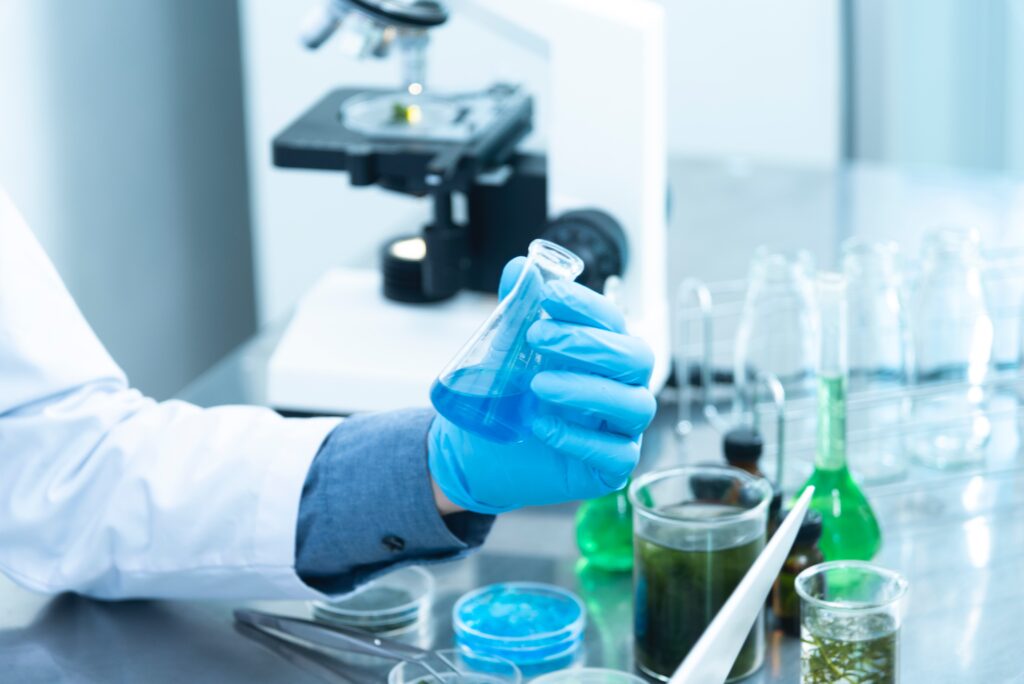
The infected blood scandal is a national disaster within the NHS which affected thousands of patients with blood disorders when they were infected with HIV and hepatitis viruses through the use of contaminated clotting factors and blood transfusions. The scandal occurred in the 1970s and 1980s, resulting in an Inquiry being launched by the Government to examine how the authorities dealt with the issue and whether there was a cover-up.
During this period, the UK was struggling to meet the demand for blood-clotting treatments. To combat this, blood was imported from the USA. However, a lot of the blood that was imported originated from high-risk donors such as prisoners and drug users.
It is thought that the scandal concerns over 30,000 people falling into two categories of patient, the first being haemophiliacs and those with similar blood clotting disorders, and those who were given blood transfusions after surgery or other medical treatment.
A blood product, known as factor VIII, was used to treat haemophiliacs which was made from a combination of plasma from tens of thousands of donors. This meant that if just one of those donors were carrying the virus, the entire batch could have been contaminated. In total, it is believed that around 2,900 patients have died to date as a result of the contamination.
This national scandal is made more shocking by the fact that there had been repeated warnings that the imports from the US carried a greater risk of infection. However, the UK did not succeed in becoming more self-sufficient with the supply of blood products and continued to obtain supplies from abroad.
The former Prime Minister, Rishi Sunak, acknowledged the scandal and has apologised on behalf of the Government for the decades of suffering and injustice which has been experienced by the victims and their families.
There is no amount of compensation which will ever fully compensate for the losses and hardships of those affected and the Government have accepted the Inquiry’s recommendation to provide full financial compensation to the victims.
A person infected with HIV can expect to receive on average between £2.2 and £2.6 million in compensation. The compensation scheme is predicted to cost billions of pounds in total and is also available to the family members of those affected.
For people who are diagnosed before 1st April 2025, the scheme will remain open to applications for compensation for six years from 1st April 2025. The proposed closing date for people with existing diagnoses will be reviewed within three years (by 31st March 2028).
We would urge that anyone affected therefore registers without delay.




